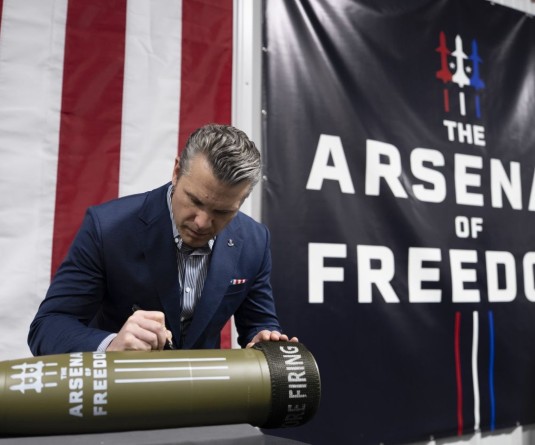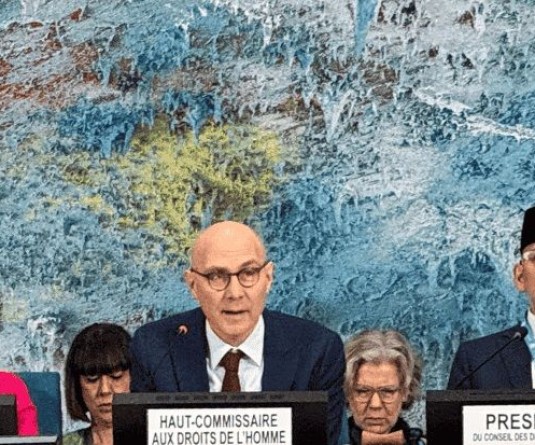People with and without protective masks walk on the street while shopping as the spread of coronavirus disease (COVID-19) continues in Amsterdam, Netherlands on October 7, 2020. (REUTERS Photo)
AMSTERDAM, October 7 (Reuters): Until recently, the Netherlands was so comfortable with its test-and-trace plan for a second wave of coronavirus infections that it thought there was no need to make people wear face masks.
But in the past month, a surge in new cases has catapulted the per capita infection rate into the top 10 in the world, with a weekly infection rate of around 160 per 100,000 population, as that plan has run into trouble.
On Wednesday, the Dutch parliament was debating an emergency law that would give government the power to make masks mandatory in public places if it chose to, as the daily rate of new infections reached a new record high of nearly 5,000.
After the first wave of infections waned in May, the Netherlands worked to boost testing capacity, promising they would be available to all. The strategy was to find hotspots fast, and isolate people quickly to stop contagion.
Laboratories said they had increased capacity by two-thirds to 51,000 tests per day.
But last month, tests were again limited to people with serious health issues, and Prime Minister Mark Rutte acknowledged capacity was far below demand.
"We don't have our basic infrastructure in order", public health professor Jochen Mierau told Reuters.
"There is a shortage of tests, while Germany has more than enough to even test people without symptoms."
The Netherlands' much bigger neighbour has also experienced a surge in infections, but has so far kept the weekly rise to around 20 per 100,000.
MASKING UP
But Germany not only has a bigger testing capacity.
Face masks have been mandatory in German shops since the summer, whereas the Dutch government only decided only last week to advise their use in indoor public spaces.
Rutte has repeatedly said he has no intention of forcing people to wear a mask - which the World Health Organization calls one of the key tools to stop the virus - while his top medical official has publicly repeated his assertion that their usefulness is unproven.
Despite a national poll in which two-thirds said their government should get tougher, Rutte, facing an election in March, responded to a question about masks on television on Tuesday by saying:
"Why would we need to force people? ... What kind of childish nation would that make us? We'll look at it if we have to, but I'd regret it."
He held out hope that the new guidance on masks and earlier closing hours for bars would prove their value.
"The numbers don't look good," he said, "but we can't see the effects of the new measures until at least this weekend."






